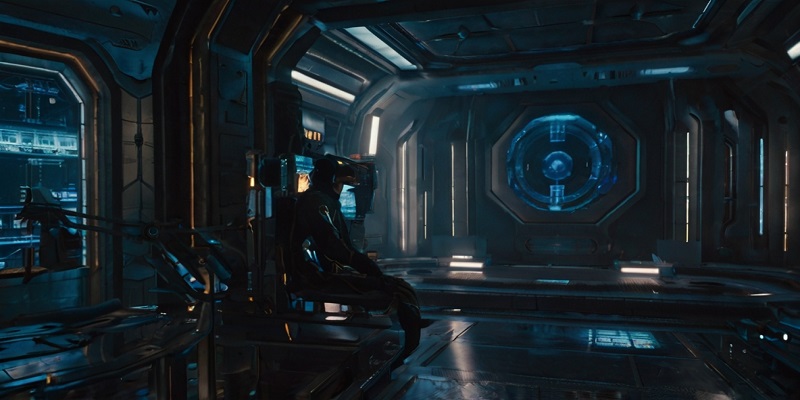The gaming industry is thriving, with millions of players worldwide and an ever-growing demand for new, innovative games. For those passionate about games and creativity, a career in game design offers an exciting opportunity. But how does one start this journey? This comprehensive guide will walk you through the steps to become a successful game designer, from acquiring the necessary skills to landing your first job in the industry.
Understanding the Role of a Game Designer
Before diving into the specifics, it’s essential to understand what a game designer does. Game designers are the visionaries behind a game. They create the concepts, rules, storylines, characters, and gameplay mechanics. They work closely with artists, programmers, and other team members to bring their ideas to life. It’s a role that requires a blend of creativity, technical knowledge, and a deep understanding of player psychology.
Acquiring the Necessary Skills
Educational Background
While not always mandatory, having a formal education in game design, computer science, or a related field can be incredibly beneficial. Many universities and colleges offer specialized programs in game design and development. These programs cover various aspects, from storytelling and character development to coding and software engineering. They also provide valuable opportunities for networking with industry professionals and peers.
Technical Skills
Game design involves a significant amount of technical knowledge. Familiarize yourself with popular game engines like Unity and Unreal Engine. These engines are widely used in the industry and provide a robust platform for creating games. Learning programming languages such as C#, C++, and Python is also crucial, as they are commonly used in game development. Additionally, understanding 3D modeling software like Blender or Maya can give you an edge.
Creative Skills
Creativity is at the heart of game design. Work on developing your artistic skills, whether it’s drawing, writing, or composing music. Understanding the basics of storytelling, character development, and world-building is essential. Play a wide variety of games to analyze what makes them enjoyable and what could be improved. This practice will help you develop a critical eye and inspire your own game ideas.
Building a Portfolio
A strong portfolio is vital for showcasing your skills and creativity to potential employers. Here’s how to build an impressive portfolio:
Start Small
Begin with small projects that you can complete on your own or with a small team. Game jams, which are events where participants create games within a short timeframe, are excellent opportunities to hone your skills and produce portfolio pieces.
Showcase Your Work
Create a website or an online portfolio where you can display your projects. Include detailed descriptions of each project, the role you played, the challenges you faced, and how you overcame them. Screenshots, videos, and playable demos are also great additions.
Get Feedback
Share your work with friends, family, and online communities. Constructive criticism can help you improve your skills and refine your projects. Participating in online forums and social media groups for game developers can also provide valuable feedback and networking opportunities.
Gaining Experience
Experience is crucial in the game design industry. Here are some ways to gain practical experience:
Internships
Look for internships at game development studios. These positions provide hands-on experience and the opportunity to learn from seasoned professionals. They also help you build a network of industry contacts.
Freelancing
Consider taking on freelance projects. Websites like Upwork and Fiverr have listings for game design work. Freelancing allows you to work on a variety of projects and build your portfolio.
Modding
Many game designers start by creating mods for existing games. Modding involves altering or adding to a game’s content using its existing assets and code. This practice can help you understand game mechanics and design principles while contributing to popular gaming communities.
Networking
Networking is essential in the game design industry. Here’s how to build your network:
Attend Industry Events
Conferences, conventions, and workshops are great places to meet other game designers, developers, and industry professionals. Events like the Game Developers Conference (GDC) and PAX offer valuable networking opportunities and insights into the latest industry trends.
Join Online Communities
Participate in online forums, social media groups, and Discord servers dedicated to game development. These platforms allow you to connect with peers, share your work, and seek advice from experienced professionals.
Collaborate
Working on collaborative projects with other game designers and developers can expand your network. Join or form indie game development teams to work on shared projects. Collaboration fosters learning and builds relationships that can be beneficial throughout your career.
Finding a Job
Once you’ve built your skills, portfolio, and network, it’s time to find a job in the game design industry. Here’s how to navigate the job search process:
Craft a Strong Resume and Cover Letter
Your resume and cover letter should highlight your skills, experience, and passion for game design. Tailor each application to the specific job and company, emphasizing relevant projects and accomplishments.
Use Job Boards
There are several job boards dedicated to game development jobs, such as Gamasutra, GameDev.net, and Indeed. Regularly check these sites for new job postings and apply to positions that match your skills and interests.
Leverage Your Network
Use your industry connections to learn about job openings and get referrals. Many jobs are filled through word-of-mouth and referrals, so having a strong network can give you an advantage.
Continuing Education and Staying Current
The game design industry is constantly evolving. To stay competitive, you must continually update your skills and knowledge. Here’s how to stay current:
Take Online Courses
Platforms like Coursera, Udemy, and LinkedIn Learning offer courses in game design, programming, and other relevant skills. These courses can help you stay updated with the latest tools and techniques.
Read Industry Publications
Subscribe to industry publications and blogs to stay informed about the latest trends, technologies, and best practices. Websites like Gamasutra, Polygon, and Kotaku provide valuable insights and news.
Experiment and Innovate
Keep experimenting with new ideas and technologies. The game industry values innovation, so continually pushing the boundaries of what’s possible can set you apart from other designers.
Conclusion
Starting a career as a game designer requires a combination of education, technical and creative skills, experience, networking, and continuous learning. By following the steps outlined in this guide, you can build a solid foundation for a successful career in game design. Remember, persistence and passion are key. Keep honing your skills, creating, and learning, and you’ll be well on your way to making your mark in the gaming industry.



































